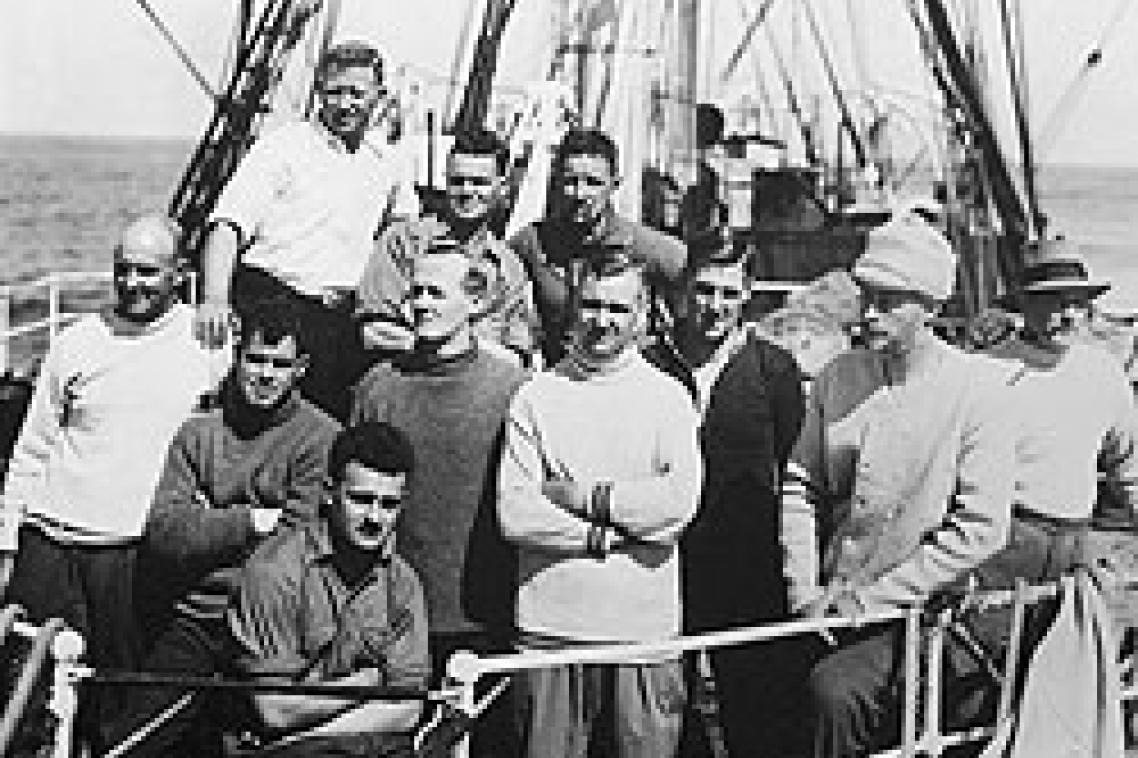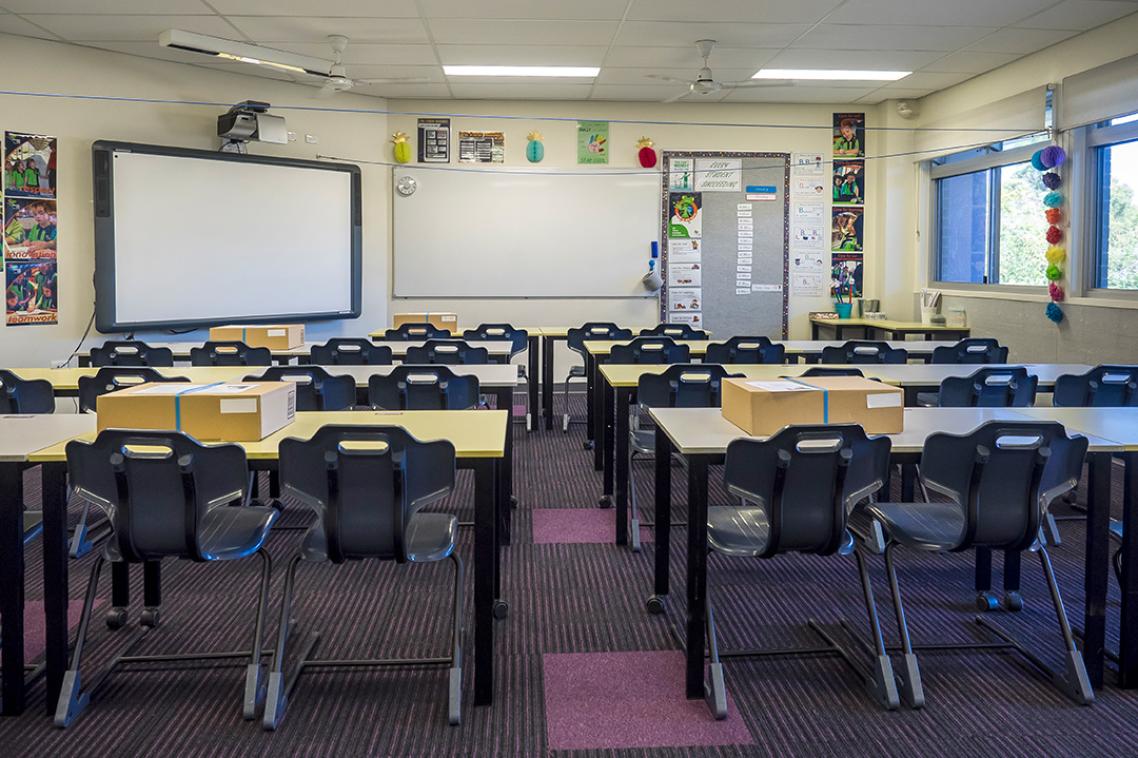Antarctic adventurer celebrates 103rd birthday

A Queensland scientist who worked for The University of Queensland for more than 20 years without pay turns 103 this week.
Dr Alf Howard, AM, who is best known for being the last survivor of Sir Douglas Mawson's Australasian expeditions to Antarctica, will celebrate his birthday on April 30 with former UQ colleagues.
In 2000 Dr Howard was awarded the title of Senior Australian of the Year for his service to science through the Antarctic exploration.
The educator and adventurer worked as a research fellow in UQ's School of Human Movement Studies, where he designed computer programs and provided statistical advice to assist students with their research.
On his 99th birthday in 2005, he generously donated $80,000 to fund the Alf Howard Computer Laboratory.
Dr Howard said he got a kick out of helping students with their projects.
“I've always thought that the University needed support from the public,” he said.
Although Dr Howard retired from UQ in late 2003, the University is yet to find a replacement able to fulfil his duties.
Head of the School of Human Movement Studies Professor Doune Macdonald said Dr Howard was irreplaceable and described him as a living treasure.
“We are indebted to Alf for his patient and committed service to the School as a computer programmer and statistics consultant from the late 1970s until recently,” she said.
“Alf worked with us full-time without pay for over 20 years as an honorary research fellow – a perfect staff member whose position is still vacant.”
Dr Howard was part of the Antarctic expedition from 1929 to 1931 when Sir Douglas Mawson claimed 42 percent of Antarctica as Australian territory.
“Our expedition accomplished a lot. We collected an enormous amount of data considering the limited means at our disposal and we opened a lot of doors,” he said.
“But I think our greatest achievement lay in pointing to areas where research was inadequate or non-existent, such as determining exact Antarctic currents. We showed what still needed to be done.”
Media: Penny Robinson at UQ Communications (07 3365 9723, penny.robinson@uq.edu.au)
Related articles

Queensland teachers are striking. It's not just about money - they are asking for a profession worth staying in
Dodging banana diseases is value for money
Media contact
UQ Communications
communications@uq.edu.au
+61 429 056 139
